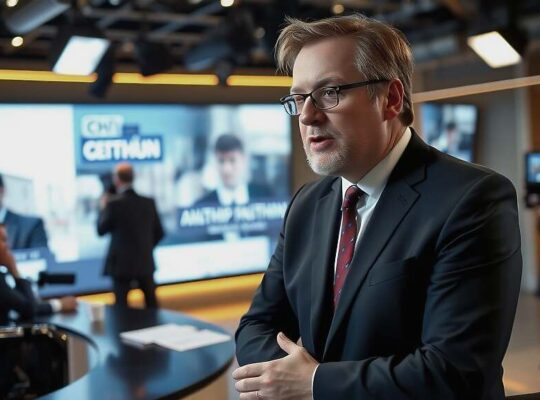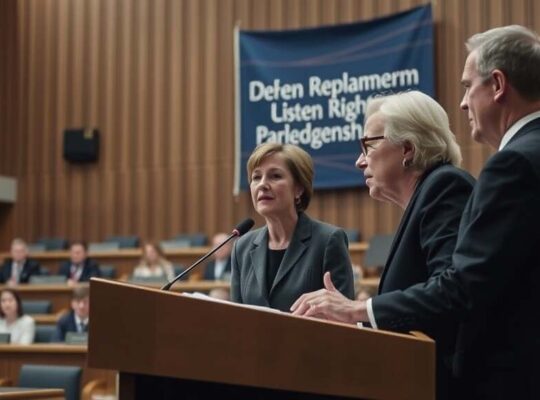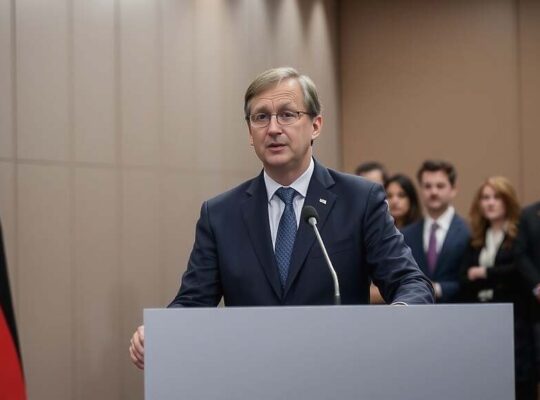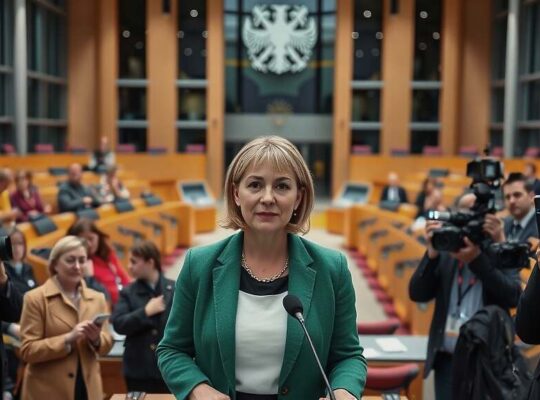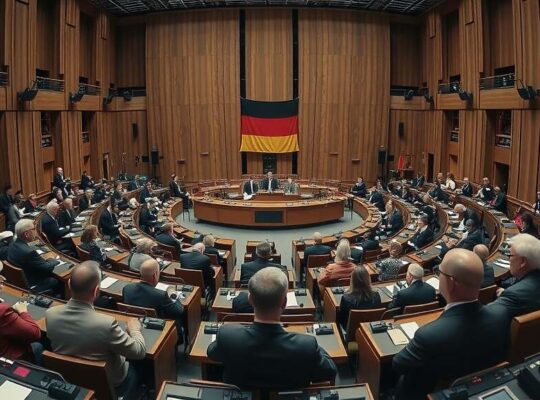The recent suggestion by CDU health policy expert and drug commissioner Hendrik Streeck regarding the allocation of exceptionally expensive medications to the elderly has ignited a fierce debate, drawing both praise and sharp condemnation across the German political landscape. The proposal, which questioned the necessity of prescribing such costly treatments to individuals in advanced age, has been branded by some as an attack on societal cohesion and a dangerous intrusion into ethical considerations surrounding end-of-life care.
Sören Pellmann, parliamentary group leader for the Left party, vehemently criticized Streeck’s remarks, accusing him of “shameful” thought experiments that further erode the foundations of social solidarity. Pellmann highlighted the existing disparity in life expectancy between different socioeconomic groups, arguing that denying life-extending therapies to those already facing premature mortality due to poverty would compound an injustice. He proposed a more equitable solution, advocating for price limits on newly developed pharmaceuticals – a sector he believes has been allowed to generate “massive returns” unchecked, particularly under the influence of the CDU.
Streeck’s initial proposition sought to introduce greater clarity and binding guidelines within the medical self-administration, suggesting a need to reassess the appropriateness of certain medication prescriptions across different life stages. While the impetus behind this suggestion-critically evaluating resource allocation in an escalating healthcare cost environment-is acknowledged by some, the manner of its presentation has drawn considerable ire.
The German Federal Medical Association has, surprisingly, welcomed the debate. President Klaus Reinhardt underscored the significant ethical and professional responsibility inherent in treatment decisions involving elderly or terminally ill patients. Reinhardt emphasized that medical interventions must be guided by individual patient wishes, prognosis and quality of life, not solely by age or economic considerations. He also expressed concern over the increasing constraints placed on physicians within the highly regulated healthcare system, hindering their ability to engage in participatory, individualized decision-making in collaboration with patients. He argued that excessive treatments ultimately disadvantage both affected individuals and the healthcare system as a whole.
The controversy underscores a potentially widening fissure within German society regarding the future of healthcare funding and the implicit prioritization of different demographics in a system increasingly strained by cost pressures. Critics accuse the CDU and associated policy choices of fostering a climate where vulnerable populations are implicitly devalued as a means of achieving short-term fiscal stability, a charge vehemently denied by proponents of a pragmatic approach to resource management within a complex and evolving healthcare landscape. Furthermore, the debate has reopened the critical question of pharmaceutical industry accountability and the need for greater regulatory oversight to prevent unchecked price inflation.




